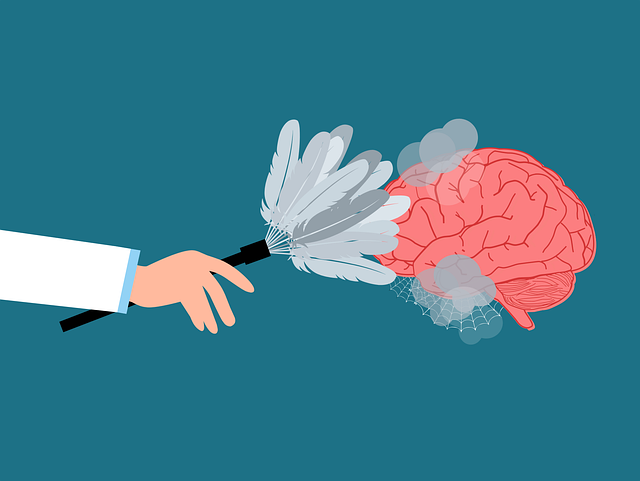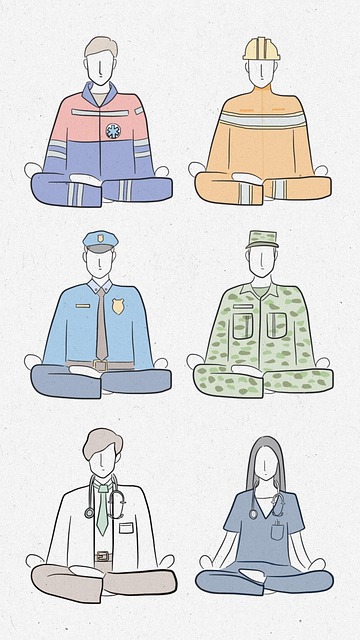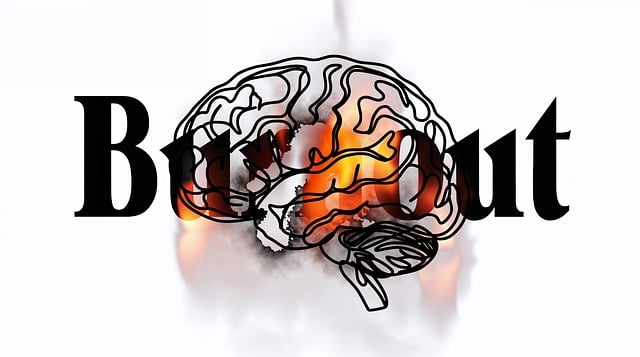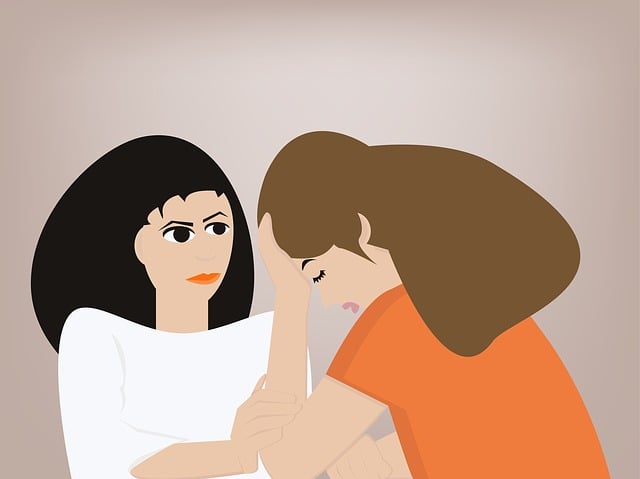Lone Tree Mens Issues Therapy emphasizes the power of group facilitation in improving mental health. Through safe, supportive spaces, men can share experiences, learn coping strategies, and reduce stigma around mental illness. Group dynamics foster community, enhance communication, and lead to personal growth, making it a vital tool for managing stress and preventing severe psychiatric disorders, as highlighted by their successful Stress Management Workshops.
In today’s fast-paced world, mental wellness is more critical than ever. Group facilitation offers a powerful therapeutic approach, especially tailored for men’s issues in Lone Tree. This article delves into the art of fostering mental health through group dynamics, exploring techniques that create safe and supportive environments. We examine the significance of open communication, active listening, and encouraging vulnerability to enhance participant engagement. Additionally, we provide creative activity ideas leveraging icebreakers, therapeutic discussions, and artistic outlets to revolutionize Lone Tree Mens Issues Therapy.
- Understanding Mental Health and Group Dynamics
- – The significance of mental wellness in today's society
- – Exploring group facilitation as a therapeutic approach
Understanding Mental Health and Group Dynamics

Understanding mental health is paramount when facilitating groups, especially considering the diverse range of issues men might face, as highlighted by Lone Tree Mens Issues Therapy. Group dynamics play a crucial role in creating a safe and supportive environment where individuals can open up about their struggles. By fostering an atmosphere of trust and empathy, facilitators enable members to develop self-awareness exercises that promote personal growth.
This process involves recognizing and challenging the mental illness stigma reduction efforts within the group. Through open discussions, shared experiences, and peer support, participants learn to navigate their mental health journeys collectively. Such an approach not only enhances mental health awareness but also empowers individuals to offer and receive help in a meaningful way.
– The significance of mental wellness in today's society

In today’s fast-paced and often stressful world, mental wellness has become a paramount concern for individuals across various demographics, including Lone Tree mens issues therapy clients. The significance of prioritizing mental health cannot be overstated, as it directly impacts our overall well-being, relationships, and ability to navigate life’s challenges. According to recent studies, fostering robust mental wellness through techniques such as empathy building strategies and stress reduction methods can significantly mitigate the risk of developing severe psychiatric disorders.
Group facilitation plays a crucial role in promoting mental wellness by providing a safe, supportive environment where individuals can share their experiences, learn from one another, and gain valuable insights. Crisis intervention guidance, tailored to the unique needs of each participant, empowers them to develop coping mechanisms that enhance resilience and promote positive mental health outcomes. By integrating these strategies, Lone Tree mens issues therapy groups foster a sense of belonging, encourage open communication, and ultimately contribute to the improved mental wellness of their members.
– Exploring group facilitation as a therapeutic approach

Group facilitation offers a unique and powerful therapeutic approach for addressing mental wellness issues, especially relevant in today’s world where social connections are vital for overall well-being. This dynamic process empowers individuals, particularly those facing challenges like Lone Tree Mens Issues Therapy, by fostering a sense of community and mutual support. Through structured interactions, facilitators guide the group, encouraging open dialogue, active listening, and the sharing of experiences, which can be transformative in nature.
Effective group facilitation techniques not only enhance communication strategies but also play a crucial role in risk management planning for mental health professionals. By creating a safe and supportive environment, facilitators enable members to explore and manage stress, develop coping mechanisms, and gain insights into their mental health journeys. This collaborative approach has proven beneficial for various organizations hosting Stress Management Workshops, as it promotes a culture of open communication and resilience within their communities.
Group facilitation techniques, such as those employed by Lone Tree Mens Issues Therapy, offer a powerful and accessible means of enhancing mental wellness. By fostering supportive group environments, these strategies promote healing, build resilience, and empower individuals to navigate life’s challenges with greater confidence. Incorporating group dynamics into therapeutic practices can revolutionize mental health support, making it more inclusive and effective for everyone in need.














